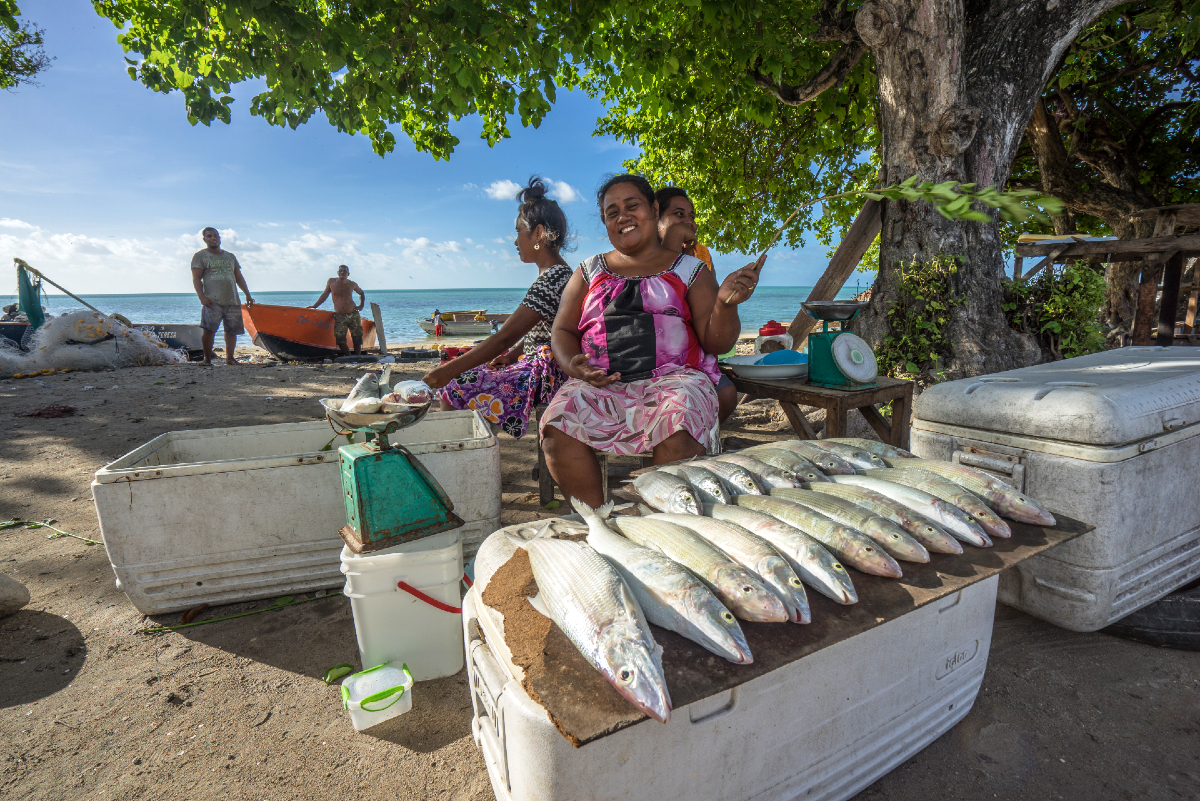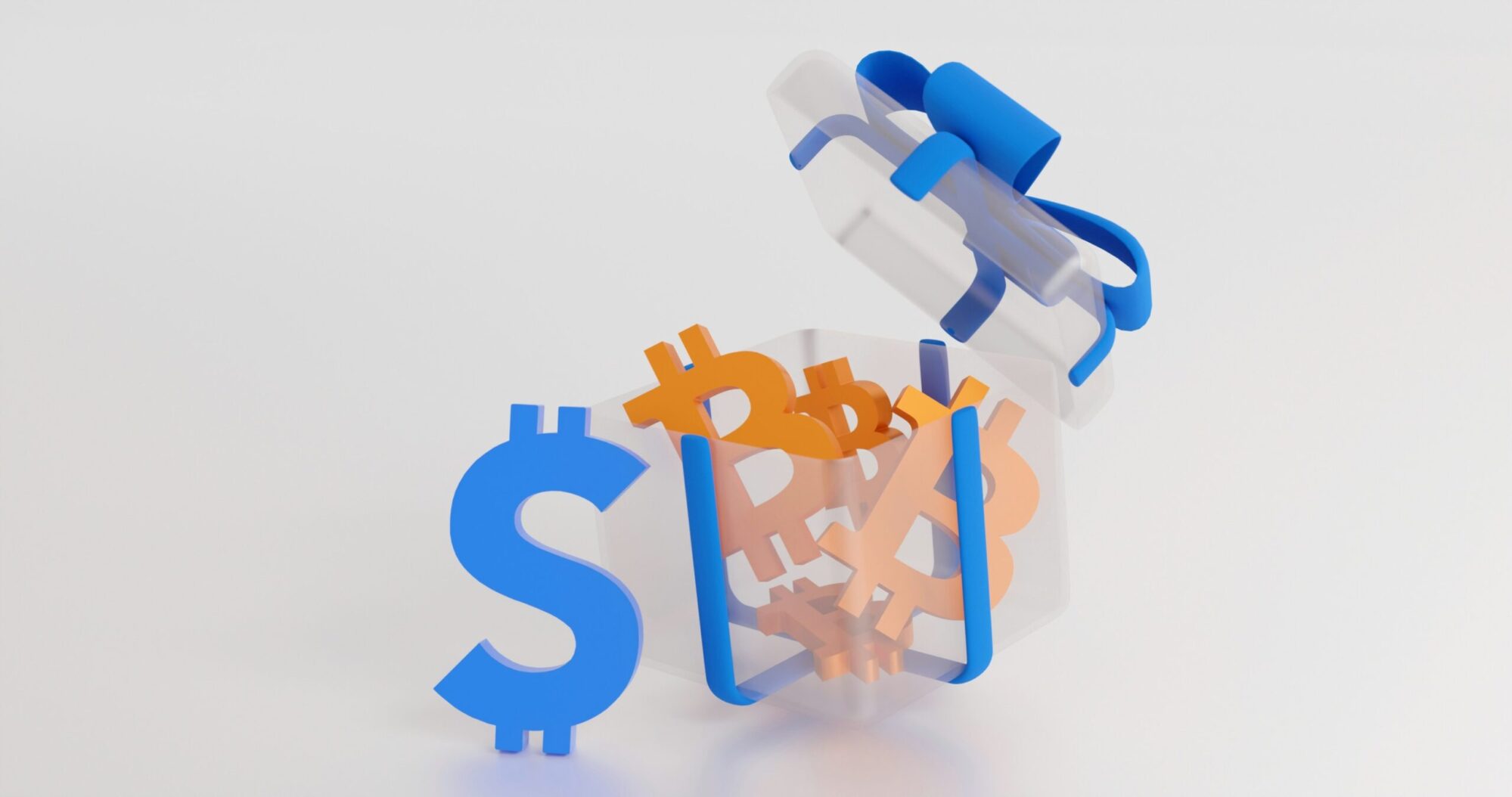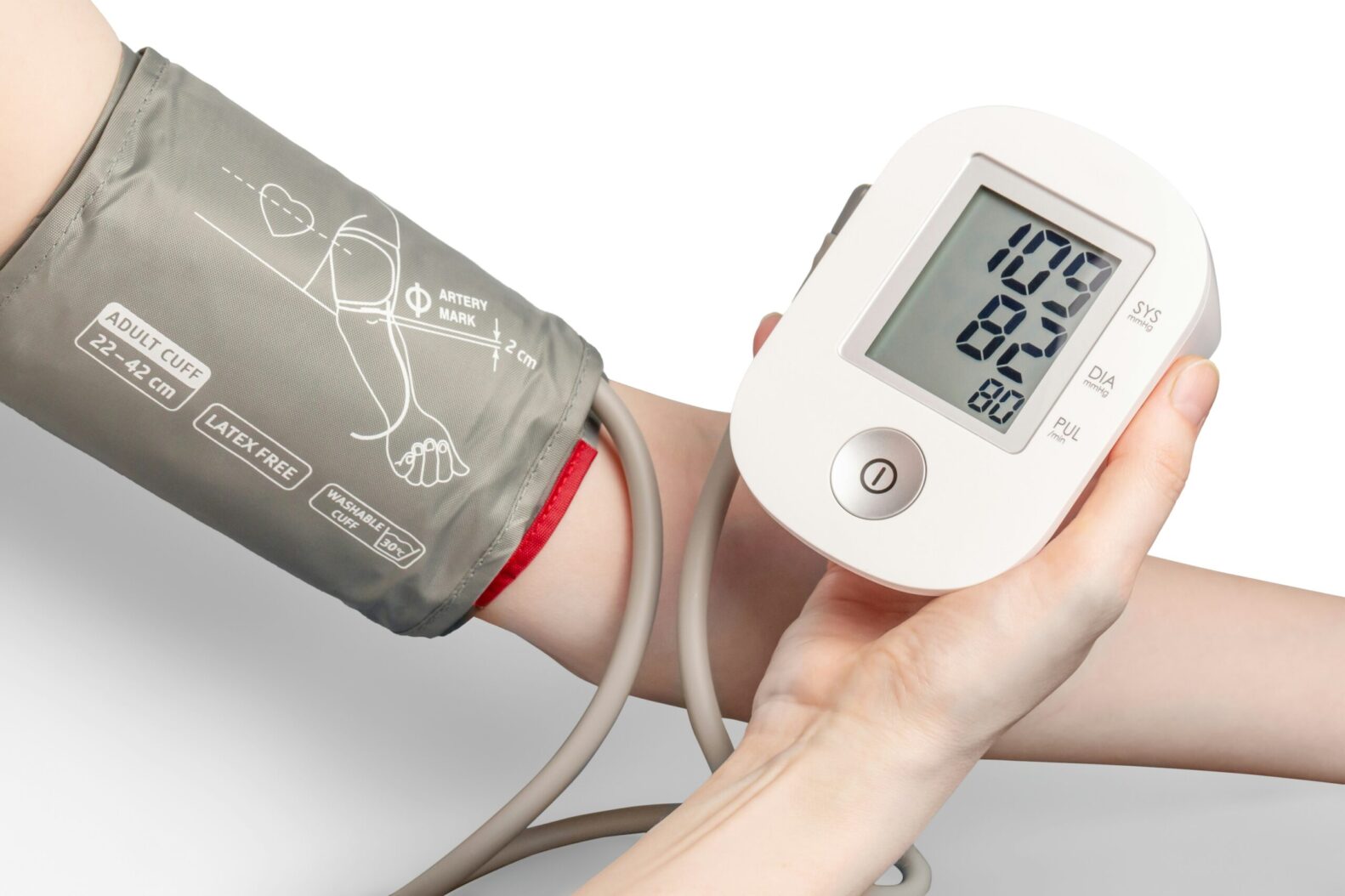
In the remote atolls of the Pacific, women struggle for basic resources
By Ritu Verma
The immense distance between islands in the Pacific creates challenges for accessing resources, particularly for women. Targeted policies, tailored for their needs, are required.
The Pacific atoll nations – Kiribati, Tuvalu, and the Republic of Marshall Islands – have largely and commendably retained their pristine, peaceful and culturally-rich locales. Their small size and distance from intensely developed islands protects local people from pandemics and encroaching modernity that often erodes otherwise strong indigenous socio-cultural institutions, relations and networks of support. However, the geographic distance also creates issues.
This is perhaps best exemplified in Kiribati – an atoll nation straddling the equator and made up of 33 islands spread across three island groups: the Gilbert Islands, Phoenix Islands and Line Islands. These islands are located over a vast geographical area equivalent to approximately 3.5 million square kilometers (3900 kms from east to west and 2100 kms north to south).
The immense distance between islands creates challenges of accessing resources, economic opportunities and information, as well as services such as justice, health, education, communication, transportation, agricultural and fisheries inputs, and timely climate-induced disaster relief responses. This is especially true for women.
Although significant progress has been made in recent years, limited participation of women in decision-making processes can lead to inadequate input into the equitable distribution of and access to resources. This can translate into lack of opportunities to earn livelihoods, to obtain training and tertiary level education, to access water and sanitation services, to ensure health and food security, and to shape the design and multiple utility of infrastructure projects.
The existing gender division of labor and roles mean that women play a central role in collecting inshore resources for household security and consumption, reef and lagoon fishing, as well as subsistence and income-generating agriculture, household and care work, and community work. The multiple roles and responsibilities that women have leads to women’s time poverty, where they have inadequate time for leisure and rest, and to access information, services, and to participate in economic opportunities such as offshore commercial fishing and the maritime industry where they are excluded and under-represented.
Other concerns include lack of information which increases vulnerability to internet criminals who troll and target women and economically vulnerable groups in acts of cyber-bullying and cyber-fraud. Also, high rates of gender-based violence, including sexual exploitation, abuse and harassment, result in women’s deaths, physical and mental trauma, and disabilities, as well as diminishing women’s wellbeing, resilience, self-esteem and mobility.
For women in geographically dispersed atolls, gender equitable access to resources, information and opportunities is imperative. Women in Kiribati identified a long list of their priority practical and strategic needs – access to affordable primary, secondary and technical vocational education; women’s shelters and safe homes; income generating opportunities such as in the lucrative tuna fishing industry; sanitation and water storage infrastructure; reliable green energy solutions powered by the ocean, wind and solar power; as well as opportunities and scholarships and for tertiary education.
For women in geographically dispersed atolls, gender equitable access to resources, information and opportunities is imperative.
It is critically important to ensure that voices and needs of women in atoll countries are acknowledged. This can be enabled by ensuring meaningful consultative, redress and compensation processes where women actively participate and raise their needs and concerns and have the information needed to make decisions and choices, such as through regular needs assessments and institutional gender auditing.
Meaningful participation can further be boosted by addressing women’s practical needs such as providing cash or in-kind compensation for missed livelihoods and household work, transportation, safety and security, day care services, gender-sensitive bathroom facilities, etc. However this is not enough, and facilitating women’s meaningful participation in leadership and decision-making by addressing women’s strategic needs through leadership training, mentoring programs, affirmative action, and institutional strengthening, is equally if not more important.
The island atolls of Kiribati are small but widely dispersed, and there is a great deal of socio-cultural diversity between and among them that shape gender relations and create context-specific needs. For instance, ensuring gender equitable ownership, control and decision-making over land and property is more critical in patrilineal contexts (where family lineage and inheritance passes through the male line) than in matrilineal ones (where they pass through the female line, but where women are experiencing an erosion of these rights due to patriarchal trends).
Women’s needs also vary by age, ability, class, marital status and other differences. For instance, elderly, differently-abled and women-headed households are amongst the economically poorest, and therefore, their specific needs require greater attention and support. These forms of diversity mean that “one size fits all” development approaches are unlikely to work.
In designing solutions, ensuring adequate time and effort to understand the unique socio-cultural and economic-ecological characteristics of each island atoll and its differently positioned inhabitants, is as imperative as understanding economic, geographical, or other technical factors. This can be achieved by ensuring that the knowledge and expertise of trans-disciplinary project teams – made up of national and international engineers, economists, development experts, socio-cultural scientists and gender experts – are equally resourced and valued during fact-finding, fieldwork missions, project implementation, redress and compensation, evaluation and beyond.
Indigenous knowledge and socio-cultural practices that emphasize the preservation of ecological resources, evolved over generations, provide the conditions for balanced development. This provided important livelihood solutions during the COVID-19 pandemic: as economic opportunities diminished, cultural customs of social exchange, bartering, localized food availability, and institutions of community support such as shared work and childcare provided important coping mechanisms.
At a time of border closures and lockdowns, pristine local natural resources and subsistence food systems provided fish, shellfish and coconuts, a healthy feature of the local diet. This illustrates that local solutions already exist, but need to be recognized and further supported, according to the demand-driven needs of atoll inhabitants themselves.
To ensure that local solutions are at the center of post-pandemic efforts to “build back better”, adequate time, resources and expertise for meaningful participatory consultations and socio-cultural and gender assessment studies, are needed. These are just as important as economic, geotechnical and engineering feasibility assessment studies.
Development processes need to value, respect and engage women, youth, the elders and a diversity of people – as key decision-makers and managers of atoll islands who have knowledge, insight and wisdom gained over centuries about the complexities of their precious environments.
Source: https://blogs.adb.org/blog/remote-atolls-pacific-women-struggle-basic-resources






